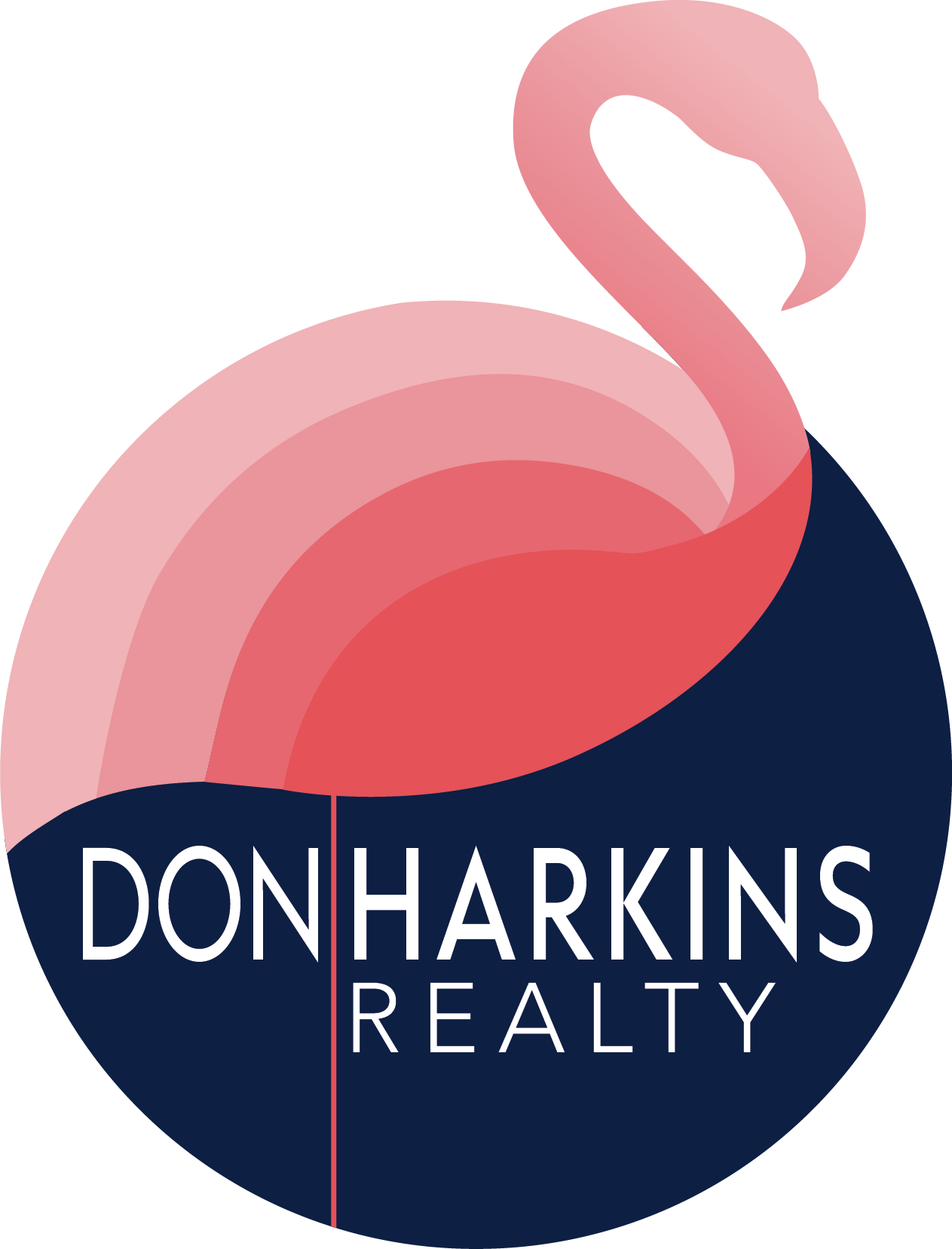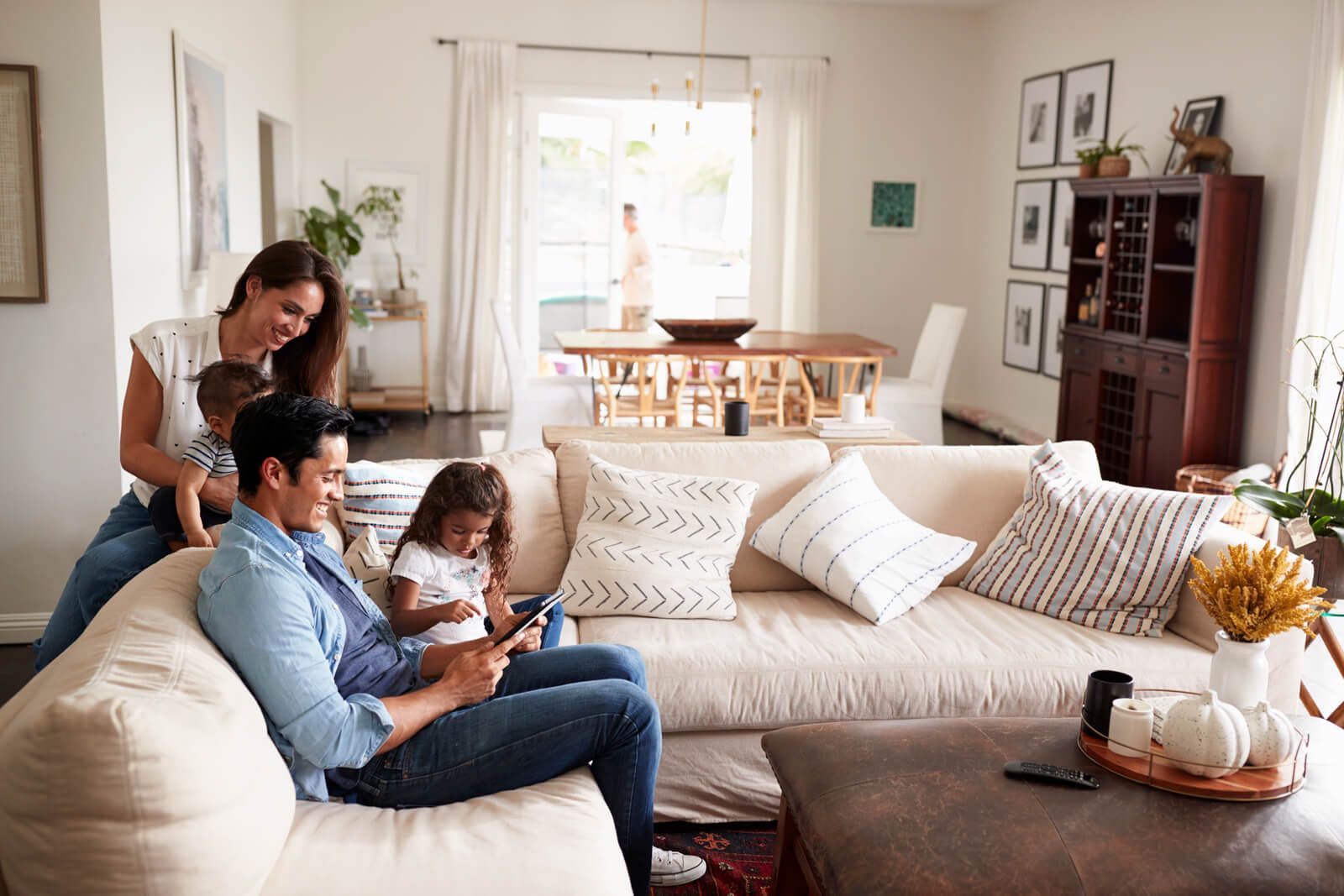Published June 20, 2025
Upgrade Your Home Without Selling: How to Keep Your Current Home as a Rental
.png)
If you're ready for a new home but hesitate to give up your current low mortgage rate, you're not alone. Many Florida homeowners are in the same spot—your life may be changing, but your 3% mortgage is hard to walk away from. The good news? You might not have to.
.png)
Instead of selling, more people are choosing to keep their current home as a rental while buying their next one. It's a strategy that turns your low-rate loan into a long-term investment, creates passive income, and sets you up to build wealth—without giving up the freedom to move.
Here’s how to do it—and why it makes sense.

1. Why Keep Instead of Sell?
Low interest rates are a rare asset. If your current home has a 3% or 4% mortgage, converting it to a rental lets you lock in an investment property with cheap financing—something today’s buyers can’t get. With Florida’s strong rental demand, that low monthly payment often turns into a healthy margin between what you owe and what you can rent it for.
Beyond monthly cash flow, you’re also gaining equity over time—your tenant is paying down your loan, while your home continues to (hopefully) appreciate. The result is passive income today and long-term wealth tomorrow.
2. How to Finance the New Home
You’ll need to qualify for a second mortgage. If your income supports both loans, the process is straightforward. If not, most lenders will allow you to use anticipated rental income to offset the mortgage on your current home—typically about 75% of fair market rent, based on a rent schedule or lease.
A lender familiar with this strategy can walk you through how it works, and help you get pre-approved with the right documentation in place.
.png)
3. Where to Get the Down Payment
Many buyers assume they need to sell in order to afford their next home—but there are ways to tap into your equity while keeping your current mortgage intact. A home equity line of credit (HELOC) or a second mortgage on your current home lets you access funds without refinancing out of your low rate.
This approach keeps your first mortgage untouched, and allows you to use some of your equity to move forward. Just be sure to account for the new second loan when evaluating how much rent you’ll need to break even.
4. Converting to a Rental: What to Know
Once you move out, you'll need to switch your homeowner's policy to a landlord policy, which provides different coverage. You’ll also want to update your mailing address, adjust utilities, and set expectations with your HOA if applicable.
If your home was previously homesteaded in Florida, keep in mind that your property taxes may rise in the next calendar year once it's no longer your primary residence.
.png)
5. Managing the Property
You can manage the rental yourself or hire a property manager (typically 8–10% of rent). If you self-manage, screen tenants carefully, use a Florida-compliant lease, and budget for repairs and vacancies. A good tenant and proper maintenance go a long way toward keeping the experience stress-free.
Don’t forget to set aside reserves—just because the rent covers the mortgage doesn’t mean you won’t have occasional expenses. Think of it like a small business: smart planning leads to better returns..png)
6. Long-Term Benefits
Holding onto your home as a rental means someone else is helping you pay off the loan, while you gain equity and potential appreciation. Over time, it could become a fully paid-off asset that produces income well into retirement—or something to pass on as generational wealth.
If you’ve been thinking about moving but feel stuck because of your interest rate, this is a way to have both: the home you want and the asset you already own, working together to build your financial future.
Final Thoughts
Keeping your current home as a rental isn’t just possible—it may be one of the smartest moves you can make. With the right financing, planning, and guidance, you can upgrade your lifestyle without sacrificing your financial advantage.
If this sounds like a strategy worth exploring, connect with your real estate and mortgage team. We can help you evaluate the numbers, walk through the steps, and make sure your next move supports your long-term goals.






